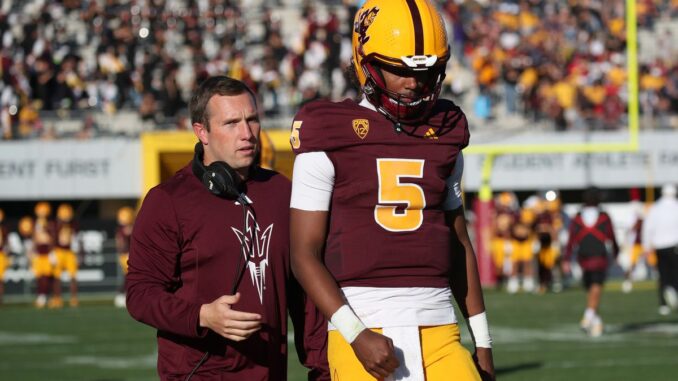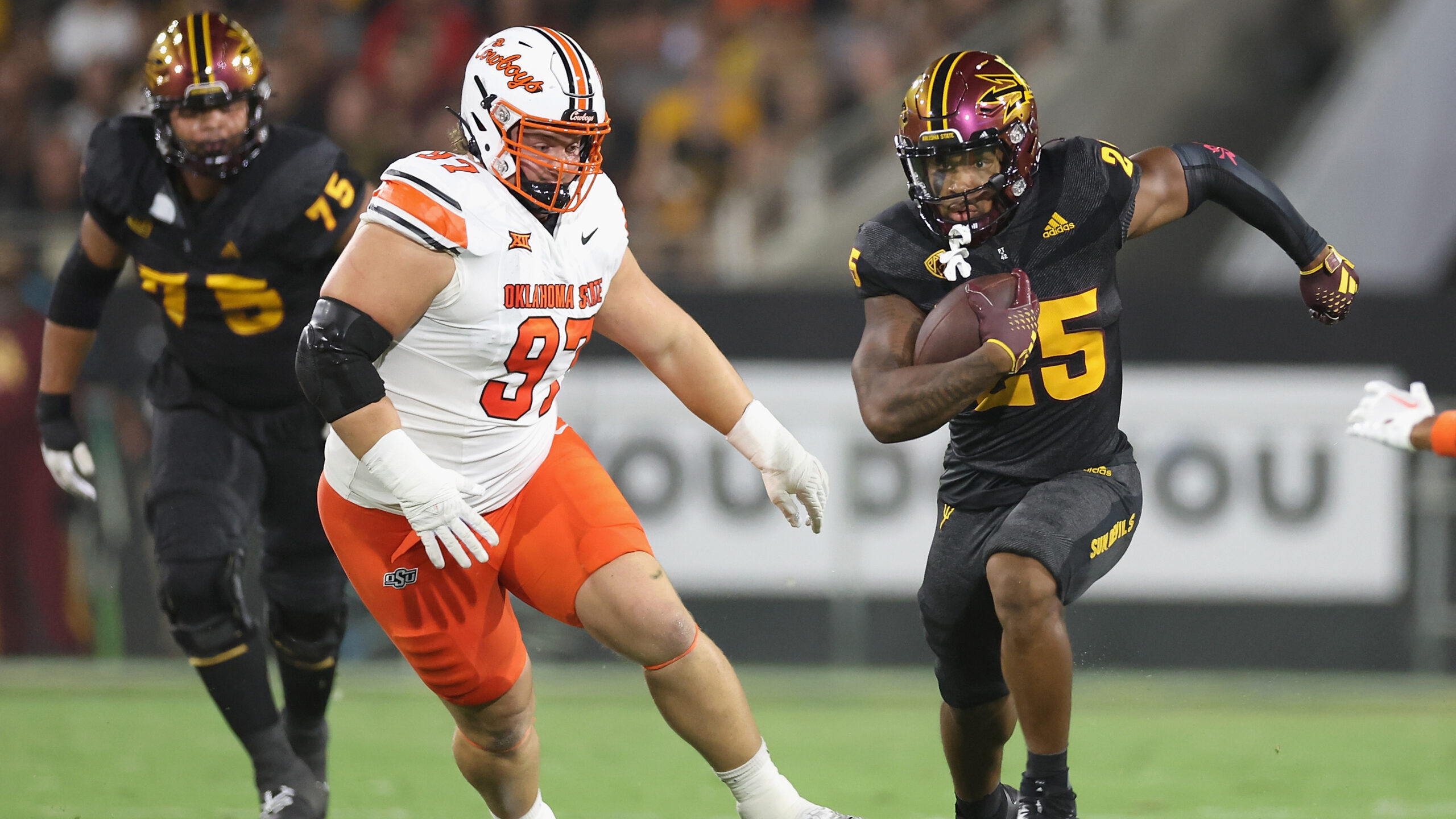
When searching for the best bets, the data is always reliable.
Since the legalization of sports betting in 2021, Arizona has seen a significant rise in gambling activity. In April, the state surpassed the betting hub of Nevada, with nearly $100 million more wagered at sportsbooks, according to the Arizona Department of Gaming. Arizona State University (ASU) students have notably contributed to this substantial betting handle.
“I definitely think sports betting has increased recently, especially in classrooms and such. It’s become a common activity, rather than something that’s discussed discreetly,” said ASU student Douglas Santo. “It’s become so prevalent that it’s no longer something people try to hide or be cautious about.”

Sports betting on college campuses is not a new trend, but the legalization of sports betting in 38 states has brought these activities into the open. Gone are the days when ESPN hinted at spreads, and now students openly discuss bets even in class.
“I would say most people I know have placed more than 50 sports bets in their lifetime,” said ASU rising senior Brendon Pehar. “When I’m watching a game, the first question I ask my friend is, ‘What are you betting on this?’”
This is not the first time sports gambling has made headlines at ASU. The university was embroiled in a point-shaving scandal in 1994, involving men’s basketball player Stevin “Hedake” Smith and teammate Isaac Burton, who were found guilty of conspiracy charges related to fixing games during the 1993-94 season. Smith accumulated a $10,000 gambling debt to fellow student and bookie Benny Silman, leading to a scheme to have Smith alter game outcomes as the Sun Devils’ point guard.
While the 1990s point-shaving scandal underscored the risks of campus gambling, the recent legalization of sports betting presents new challenges. As betting becomes more mainstream, separating students from athletes has become a critical focus.
Leave a Reply